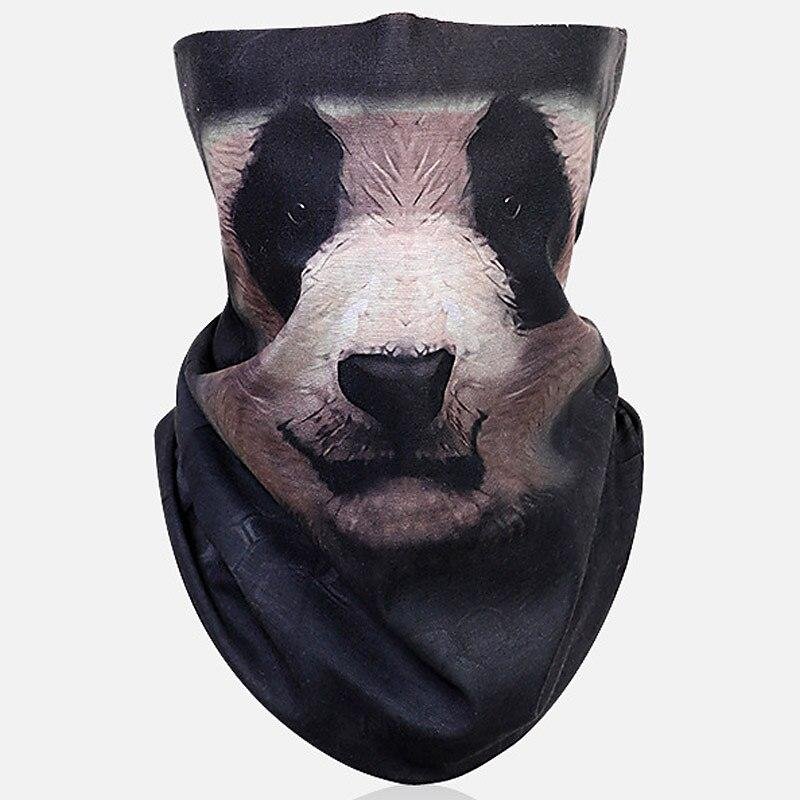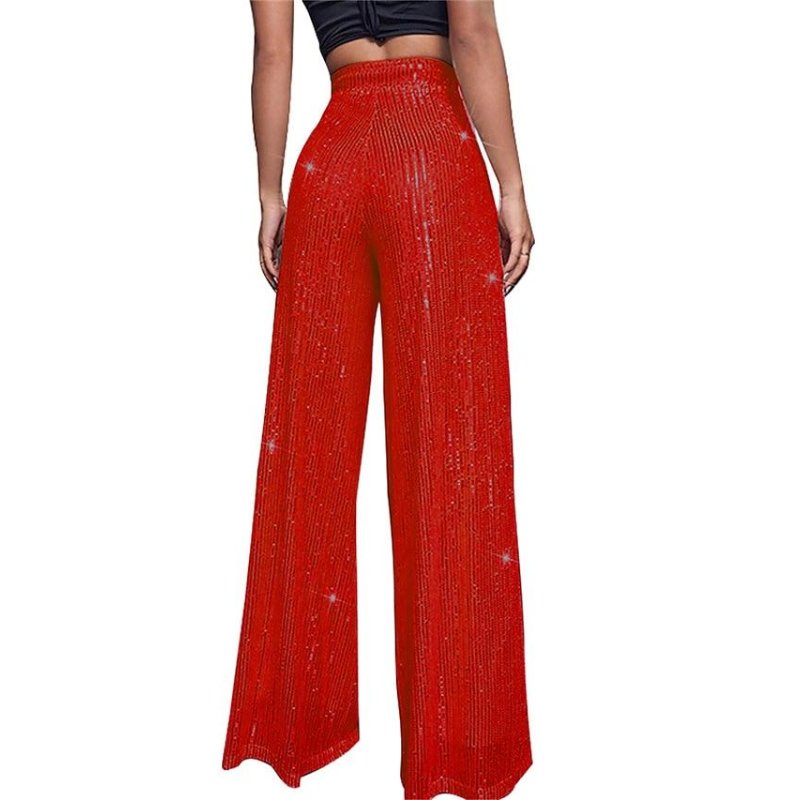Tag1: Fashion Industry
Tag2: Style Trends
Tag3: Cultural Influence
With each passing decade, the world of fashion continues to evolve and shape society in a multitude of ways. From the iconic flapper dresses of the 1920s to the oversized streetwear trends of today, clothing has played a significant role in reflecting cultural values and societal norms.
The fashion industry itself is a constantly changing landscape, with new designers, styles and technology emerging at lightning speed. It is no longer just about creating garments for practical purposes; it has become an art form that allows individuals to express their identity and make statements about the world they live in.
One cannot discuss fashion without acknowledging its impact on culture. Throughout history, different regions have developed their unique style synonymous with their traditions and beliefs. The kimono from Japan or the sari from India are perfect examples of how clothing can be used as a representation of one’s heritage.
As time progressed, fashion became more accessible to people from all walks of life. With mass production becoming prevalent during the Industrial Revolution, garments could now be produced on a larger scale and purchased at lower prices. This accessibility allowed individuals to experiment with different styles, leading to various subcultures emerging within society.
In recent years, social media has had an enormous influence on shaping fashion trends. With platforms like Instagram dominating our lives, influencers have gained immense power in dictating what we wear through sponsored posts or collaborations with brands. This shift towards fast-fashion has also resulted in environmental concerns due to excessive consumption and waste production.
Despite these challenges faced by the industry, there is growing awareness among consumers who are demanding sustainable practices from brands. Many designers are now incorporating eco-friendly materials into their collections while promoting ethical manufacturing processes.
Fashion not only reflects societal values but also influences them greatly. For instance, during times of war or economic downturn, clothing trends often become more modest and practical. In contrast, during periods of prosperity, fashion tends to be more extravagant and playful.
In conclusion, the evolution of fashion has been a continuous cycle of change that has impacted society in profound ways. From cultural representation to technological advancements, it is an ever-evolving industry that will continue to shape our lives for years to come. Let us embrace this diversity and use it as a means to express ourselves while also being mindful of its impact on the world around us.

